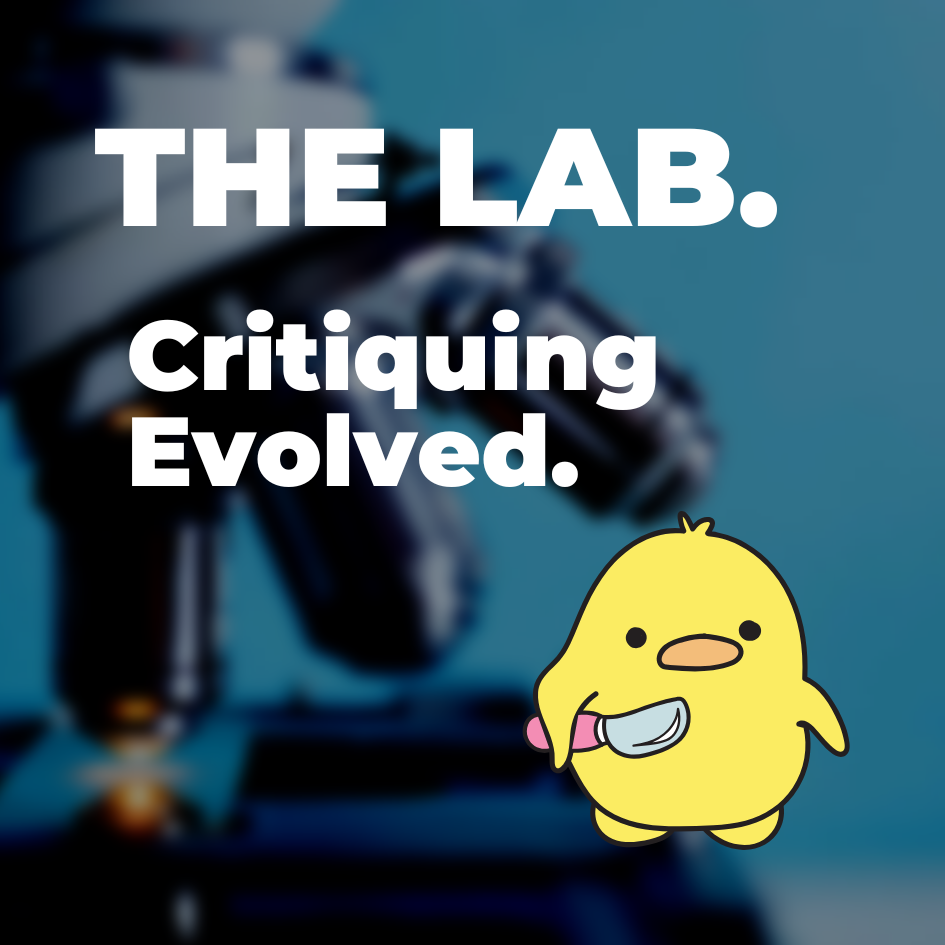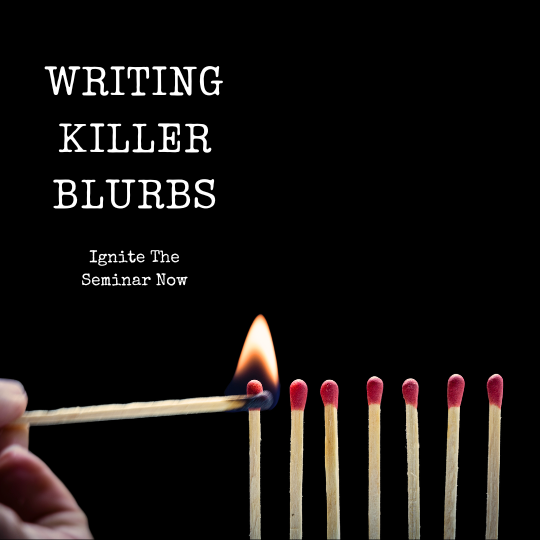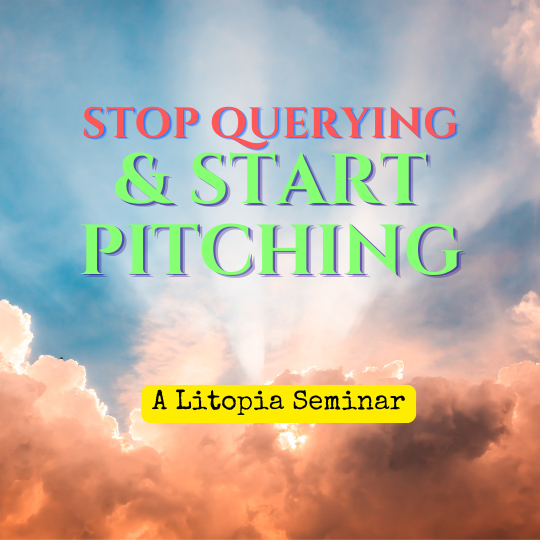Hi folks,
This is a pretty open question (perhaps also a how-long-is-a-piece-of-string? question), but I know some of you write historical fiction, so I thought I'd ask.
At what point do you say, "Enough already, these are my sources and now I must write"?
I appreciate that research is an ongoing process, especially for the detail, but as far as the big picture is concerned, the context...
When do you put down the books and pick up the pen?

This is a pretty open question (perhaps also a how-long-is-a-piece-of-string? question), but I know some of you write historical fiction, so I thought I'd ask.
At what point do you say, "Enough already, these are my sources and now I must write"?
I appreciate that research is an ongoing process, especially for the detail, but as far as the big picture is concerned, the context...
When do you put down the books and pick up the pen?




